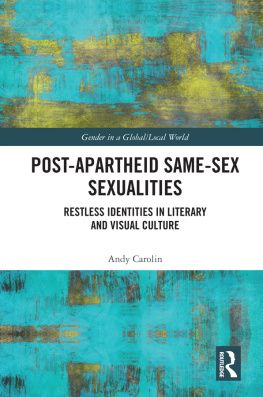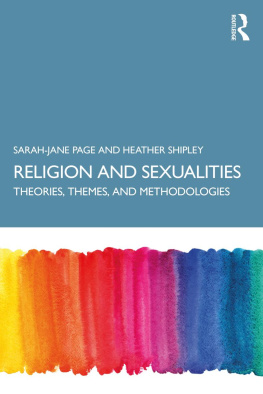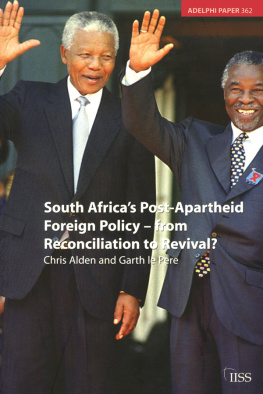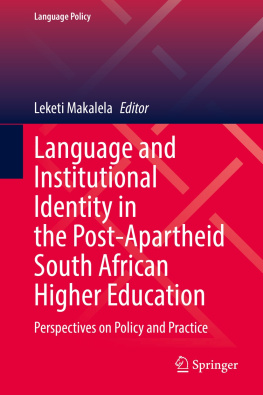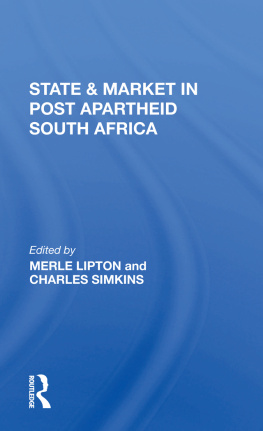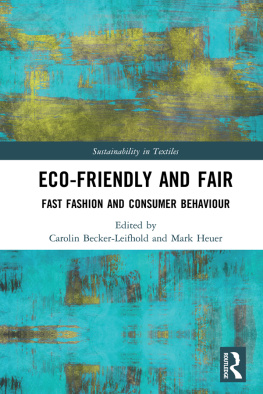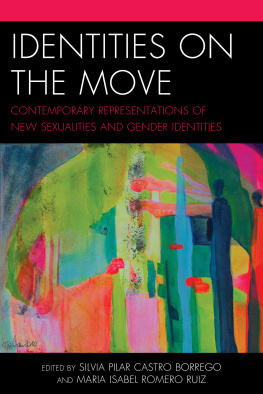Post-Apartheid Same-Sex Sexualities
This book examines how same-sex sexualities are represented in several post-apartheid South African cultural texts, drawing on a rich local archive of same-sex sexualities that includes recent fiction, drama, film, photography, and popular print culture. While the book situates these texts within the specific context of post-apartheid South Africa, it also looks outwards towards transnational connectivity and cultural flows.
The author uses the idea of restlessness to refer to the uneven flow of cultural tropes, political sentiment, ideas, ideologies, and representational modes across geographical boundaries, across time and space, and between genres, presenting sexual cultures as simultaneously rooted and transnational. He focuses on how notions of race and gender, in the shadow of colonialism and apartheid, play out in the present and shape how sexualities are represented.
This interdisciplinary book offers a conceptual entry point to several areas of study, including transnationalism, literary and cultural studies, critical race theory, gender and sexuality studies, and African studies, and will be of interest to students and researchers across these fields. Its inclusion of a range of textual genres extends its reach into visual culture, film and media studies, history, and politics.
Andy Carolin is Senior Lecturer in the Faculty of Education at the University of Johannesburg, South Africa.
Gender in a Global/Local World
Series Editors: Jane Parpart
University of Massachusetts Boston, USA
Marianne Marchand
Universidad de las Amricas Puebla, Mexico
Rirhandu Mageza-Barthel
University of Kassel, Germany
Gender in a Global/Local World critically explores the uneven and often contradictory ways in which global processes and local identities come together. Much has been and is being written about globalization and responses to it but rarely from a critical, historical, gendered perspective. Yet, these processes are profoundly gendered albeit in different ways in particular contexts and times. The changes in social, cultural, economic and political institutions and practices alter the conditions under which women and men make and remake their lives. New spaces have been created - economic, political, social - and previously silent voices are being heard. North-South dichotomies are being undermined as increasing numbers of people and communities are exposed to international processes through migration, travel, and communication, even as marginalization and poverty intensify for many in all parts of the world. The series features monographs and collections which explore the tensions in a global/local world, and includes contributions from all disciplines in recognition that no single approach can capture these complex processes.
Recent titles in the series include:
Rethinking Silence, Voice and Agency in Contested Gendered Terrains
Beyond the Binary
Edited by Jane L. Parpart and Swati Parashar
Gender and Island Communities
Edited by Firouz Gaini and Helene Pristed Nielsen
Class, Gender and Migration
Return Flows between Mexico and the United States in Times of Crisis
Mara Eugenia DAubeterre Buznego, Alison Elizabeth Lee and Mara Leticia Rivermar Prez
Post-Apartheid Same-Sex Sexualities
Restless Identities in Literary and Visual Culture
Andy Carolin
For more information about this series, please visit: https://www.routledge.com/Gender-in-a-GlobalLocal-World/book-series/GENDERLOCAL
First published 2021
by Routledge
2 Park Square, Milton Park, Abingdon, Oxon OX14 4RN
and by Routledge
52 Vanderbilt Avenue, New York, NY 10017
Routledge is an imprint of the Taylor & Francis Group, an informa business
2021 Andy Carolin
The right of Andy Carolin to be identified as author of this work has been asserted by him in accordance with sections 77 and 78 of the Copyright, Designs and Patents Act 1988.
All rights reserved. No part of this book may be reprinted or reproduced or utilised in any form or by any electronic, mechanical, or other means, now known or hereafter invented, including photocopying and recording, or in any information storage or retrieval system, without permission in writing from the publishers.
Trademark notice: Product or corporate names may be trademarks or registered trademarks, and are used only for identification and explanation without intent to infringe.
British Library Cataloguing-in-Publication Data
A catalogue record for this book is available from the British Library
Library of Congress Cataloging-in-Publication Data
Names: Carolin, Andy, author.
Title: Post-apartheid same-sex sexualities: restless identities in literary and visual culture/Andy Carolin.
Other titles: Gender in a global/local world.
Description: New York: Routledge, 2021. | Series: Gender in a global/local world | Includes bibliographical references and index.
Identifiers: LCCN 2020038173 (print) | LCCN 2020038174 (ebook) | ISBN 9780367467159 (hardback) | ISBN 9781003030577 (ebook)
Subjects: LCSH: Homosexuality and the artsSouth Africa. | Homosexuality and literatureSouth Africa. | HomosexualitySocial aspectsSouth Africa. | South AfricaSocial conditions19942020
Classification: LCC NX180.H6 C37 2021 (print) | LCC NX180.H6 (ebook) | DDC 700.4538086640968dc23
LC record available at https://lccn.loc.gov/2020038173
LC ebook record available at https://lccn.loc.gov/2020038174
ISBN: 978-0-367-46715-9 (hbk)
ISBN: 978-1-003-03057-7 (ebk)
Typeset in Times New Roman
by Apex CoVantage, LLC
On 6 October 2012, a procession of gorgeous go-go boys, sponsored floats, and about 20,000 Joburg Pride revellers (sporting rainbow flags and corporate pink umbrellas) made its way down Jan Smuts Avenue in Johannesburg. The mood was jovial, almost blithe. But as the festivities continued down the street, a small group of predominantly black, lesbian women staged a die-in. These activists blocked the path of the procession using mannequins and their own seemingly lifeless bodies. Behind these protestors were banners that read Dying for justice and No cause for celebration. The anti-rape feminist organisation behind the protest sought to disrupt not only the physical movement of people along the designated route of the parade, but also the festive depoliticisation and exclusions that had come to characterise the spatial politics of Joburg Pride. The small group of protestors insisted that they wanted one minute of silence to draw attention to the culture of rape and violent assault against black, working-class, lesbian women. Theirs was also a protest against both the racialised exclusions enacted through Pride and the general apathy of its predominantly white, middle-class participants. However, as the swell of revellers moved closer to the site of the die-in, vitriol and violence ensued as some of the white marchers intimidated and attacked the black protestors. Demanding that the black women move out of the street, one of the white organisers of the parade shouted, This is my route, while another physically assaulted one of the black women. In an online video of the incident, white party-goers are heard shouting, Drive over them and instructing the black protestors to go back to your lokshins [locations] a word that evokes the racialisation of apartheids spatial planning. Though most of the ensuing online media fracas pointed to and blamed the structuring raciology of post-apartheid cultural life, I felt dissatisfied by this explanation. This seemed too easy, too obvious, and too insular. This explanation demanded too great a commitment to exceptionalism, and offered too little in the way of nuance. Of course, the racism and patriarchy rooted in our national consciousness might produce such divisions, but what else was at stake in this contestation over spatial visibility? What new connections and relationships would come into view if we read this conflict as a local instantiation of a global sexual politics? What are the broader transnational practices of inclusion and exclusion within sexual cultures, and how are they transformed when enacted in the streets of Johannesburg? How do historical routes of white privilege intersect with contemporary ones, and what does this mean for the ways in which images of gay men are produced and circulated? How does the historical transnational figure of the black female body mobilise new constituencies of affect, and how does her same-sex sexuality reproduce her vulnerability? What sort of same-sex public cultures are erased by these racially polarised protagonists? And, significantly, in what types of heteronormative cultures do such racial discourses play out, and who is invested in the outcome?


